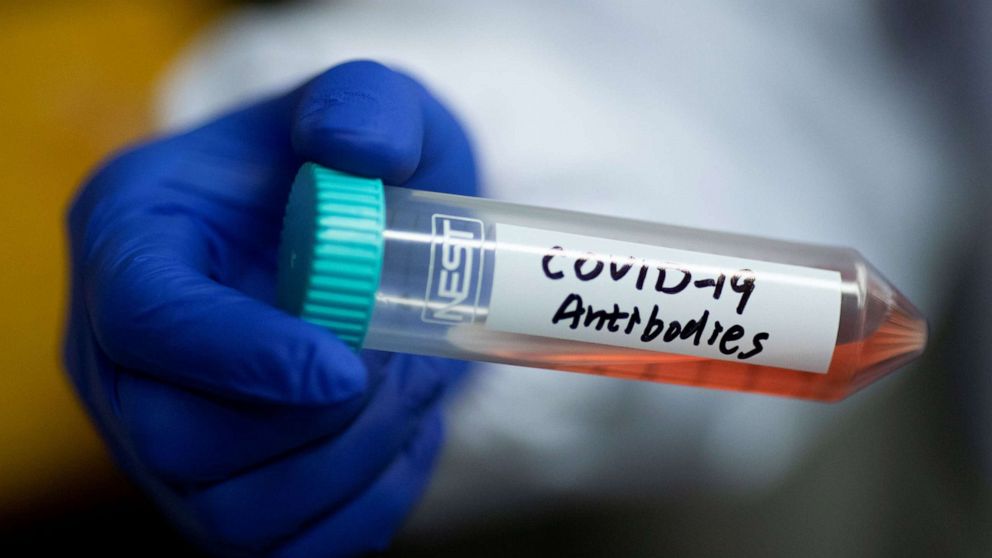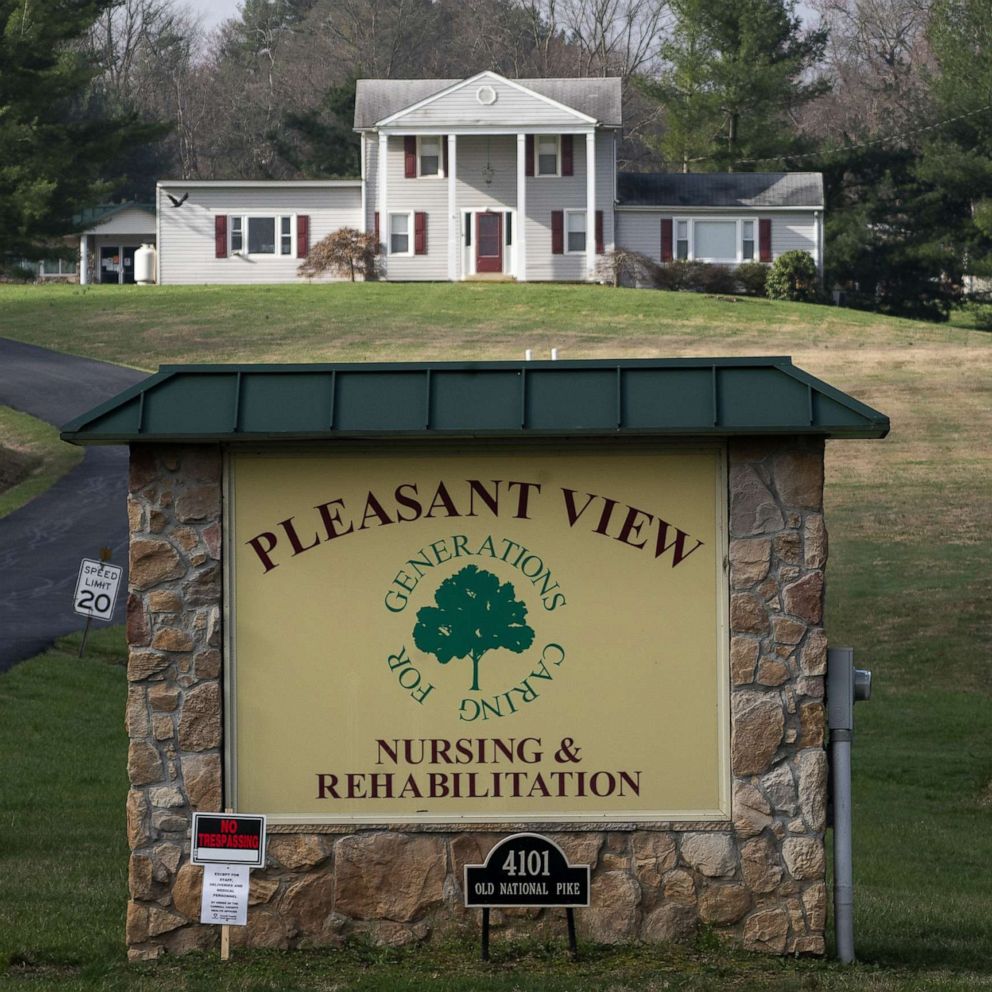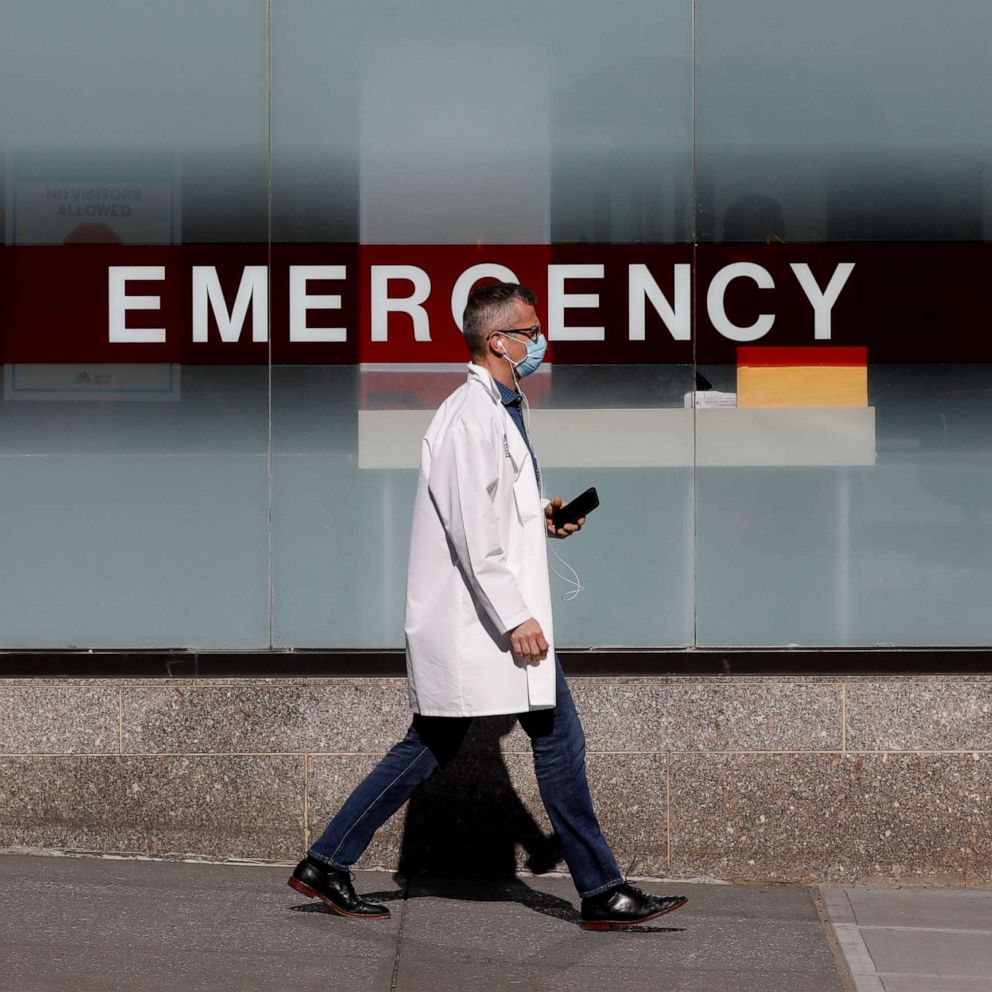Colorado hospital calling for donors to help with experimental, 'promising' coronavirus treatment
Doctors at Children's Hospital Colorado hoping to save lives amid a global pandemic are calling on people who have already recovered from COVID-19 to donate their plasma, part of an experimental treatment to help patients who are still sick.
"People who have recovered from coronavirus have a ton of antibodies," said Dr. Kyle Annen, medical director at the Children's Blood Donor Center. "So what we're doing is we're taking the plasma from the people that are just recovered from coronavirus but no longer have the virus, and then transfusing it into people who currently have the virus, but haven't made enough antibodies to defeat the illness yet, in hopes that will help them to kind of get over the hump and start getting better."
The process is called convalescent plasma, a treatment Annen said is experimental, but has shown early promise.
"This is kind of the best option we have," she told ABC News. "Most of these patients are going to be on a respirator or on the verge of needing a respirator, and they really have had other failures of medical treatment. So this really is the last potential opportunity to potentially turn things around for them."
Children's Colorado believes it is the first facility in the state to begin collecting antibody-rich plasma to help battle COVID-19, which it said can be made available to outside hospitals wherever needed.
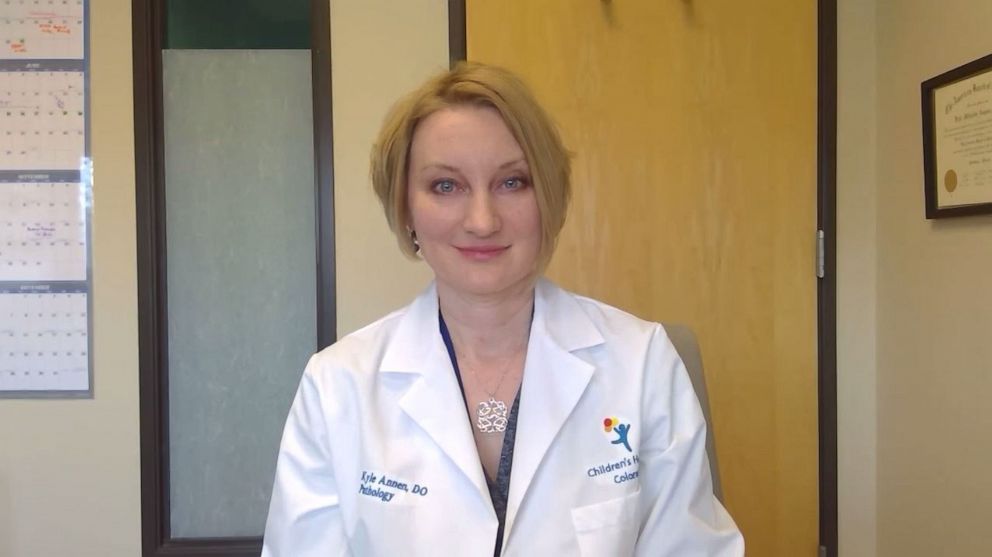
Tune into ABC at 1 p.m. ET and ABC News Live at 4 p.m. ET every weekday for special coverage of the novel coronavirus with the full ABC News team, including the latest news, context and analysis.
"The theory here I think is very solid, and so we're very optimistic that this will actually help save lives and help reduce mortality and morbidity," said Jerrod Milton, a senior vice president of operations at Children's Colorado. "That's our sincere hope."
The family of Colorado anesthesiologist Michael Leonard -- fighting for his life and on a respirator in an intensive care unit -- is hoping the treatment will help save him.
His daughter, Molly Leonard, put out a desperate plea for a donor earlier this week.
"He's really sick despite receiving the best health care anyone could ask for. His medical team thinks that he may benefit from convalescent plasma," she wrote on a community website forum.
Leonard told ABC News that her father received a plasma transfusion from a donor on Thursday morning, and now doctors and his family are waiting to see if it works.
The Food and Drug Administration approved emergency investigational use of convalescent plasma on March 24.
"Use of convalescent plasma has been studied in outbreaks of other respiratory infections, including the 2009-2010 H1N1 influenza virus pandemic, 2003 SARS-CoV-1 epidemic, and the 2012 MERS-CoV epidemic. Although promising, convalescent plasma has not been shown to be effective in every disease studied," the agency wrote.
Annen said the FDA requires potential donors to have tested positive for COVID-19. The donor must be recovered, completely symptom-free for 14 days and must take another follow-up COVID-19 test with negative results. Donors must meet all other blood donation eligibility rules as well, Annen said.
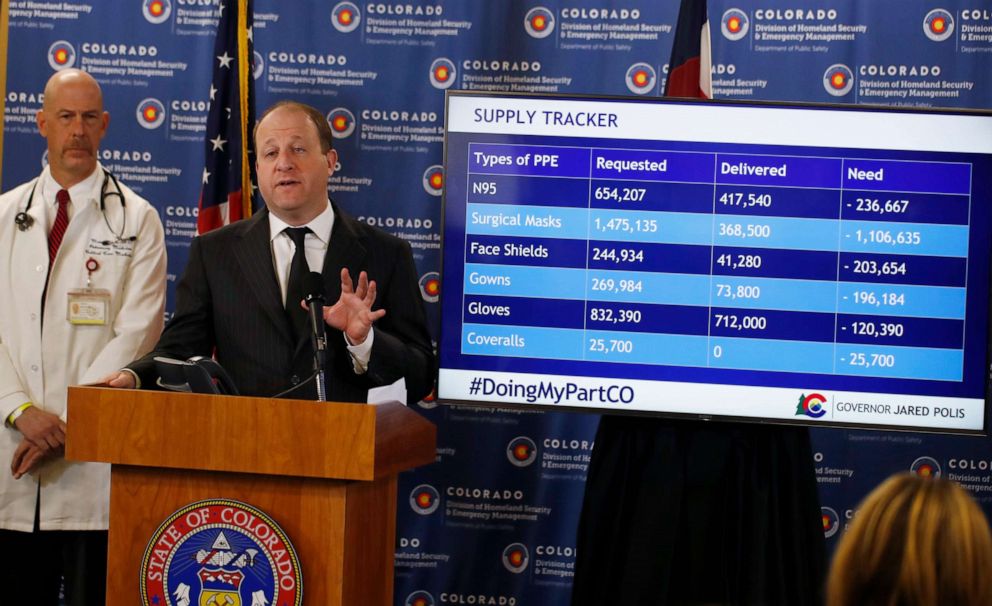
Once a donor is approved, Annen said turnaround time is quick.
"Roughly, it takes about 24 hours to get this to a patient," she said.
Annen said there are still some unknowns about the treatment's ultimate effectiveness, and impact on the patient.
"When these antibodies are transfused into the patient, it may cause a little bit of a dampening of the patient's own immune system. So in some ways we're giving the patient antibodies to help them immediately, but it could potentially actually slow down their ability to make their own antibodies," she said. "The general belief is that giving the antibodies is more beneficial than the idea of this possibility. But it is something that we are trying to look at."
Annen hopes that convalescent plasma can be carefully studied to see how well it works against COVID-19 and potential unknown diseases in the future.
"I think that as a physician, and as laboratory technologists and as advanced care providers, it's really our duty to do everything we can to help our patients and to try to get control of this terrible thing that's happening to the U.S. right now, and the world," Annen said.
Children's Hospital Colorado is encouraging people who believe they are a potential donor to call 720-777-3557 or email convalescentPlasma@childrenscolorado.org.
